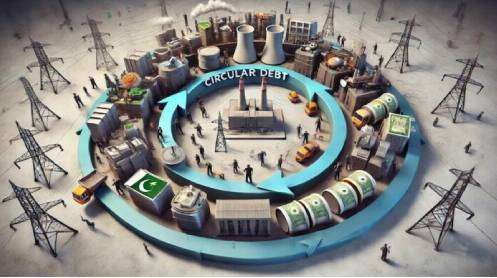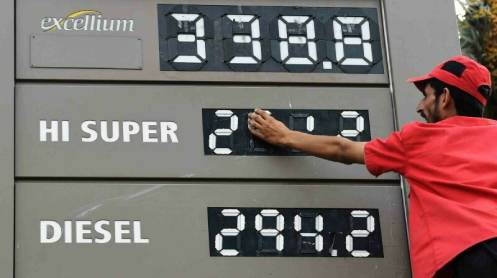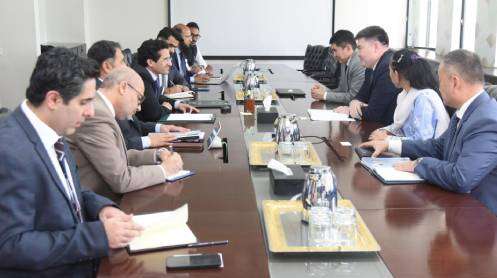ISLAMABAD: Pakistan’s circular debt in the power sector stood at Rs2.396 trillion by the end of March 2025 — marking a marginal Rs2 billion rise since July 1, but a notable Rs398 billion reduction compared to March 2024.
According to a Power Division report covering the first three quarters (July–March) of the current fiscal year, payables to power producers increased by Rs33 billion to Rs1.633 trillion, up from Rs1.60 trillion in July 2024. In contrast, Gencos’ liabilities to fuel suppliers fell to Rs79 billion from Rs110 billion.
The debt stock held by Power Holding Limited (PHL) remained unchanged at Rs683 billion during this period.
A significant component of the circular debt relates to *K-Electric (KE), which owed over *Rs223 billion as of March 2025. This includes Rs186.5 billion in markup on a principal amount of just Rs36.5 billion. KE has also raised counterclaims against various government departments, with both sides now seeking resolution through arbitration.
Despite the increase in payables, the overall circular debt has declined by 14% from Rs2.794 trillion in March 2024, largely due to enhanced revenue collections. The report credited this drop to over-collection of Rs110 billion through quarterly tariff adjustments and fuel price adjustments, along with Rs38 billion recovered from prior-year adjustments.
The performance of distribution companies (Discos) remained mixed. Inefficiency losses rose to Rs143 billion by March 2025 from Rs102 billion a year ago, contradicting official claims of improvement. However, the losses were significantly lower than Rs276 billion recorded at the close of the previous fiscal year. Under-recoveries also dropped sharply to Rs78 billion, compared to Rs262 billion in the same period last year.
Additionally, the report confirmed that the Finance Division had cleared all budgeted subsidies, even overpaying by Rs3 billion — preventing the accrual of any new interest charges, a notable improvement from Rs63 billion paid in interest last year.
Story by Khaleeq Kiani







